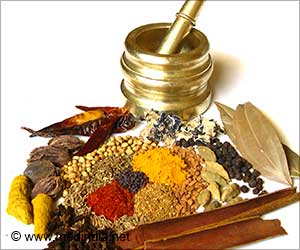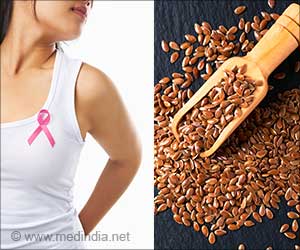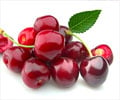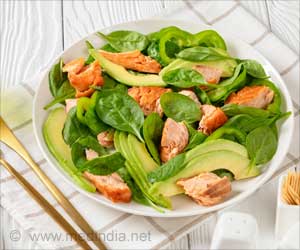Research reveals cranberry extracts' profound impact on gut health and disease prevention in just four days.

Cranberry extracts promote growth of Bacteroidaceae and decrease abundance of Enterobacteriaceae in a human gut simulator model
Go to source). The health benefits associated with cranberries and other berries are largely credited to their abundant polyphenol content, particularly tannins. Additionally, these fruits contain significant levels of oligosaccharides, which are believed to play a role in their biological activity.
‘Cranberry extracts shows significant microbiota regeneration after just four days, paving the way for a healthier future. #cranberryextracts #guthealth #medindia’





The Health Benefits of Cranberry Extracts
The research team, led by Yves Desjardins, professor at the Faculty of Agriculture and Food Sciences, showed that the polyphenols and oligosaccharides present in a cranberry extract boost the genus Bifidobacterium, associated with a reduced risk of diabetes and cardiometabolic diseases. “Normally, these bacteria are stimulated by dietary fibre consumption. We observed the same effect with cranberry extract with a dose almost 20 times lower," points out Jacob Lessard-Lord, a postdoctoral fellow at INAF.Cranberry extracts also stimulate the Akkermansia muciniphila bacterium, which plays an important role in the intestinal mucosa, helping to reduce inflammation and strengthen the intestinal barrier.
This is of particular interest when it comes to countering the harmful effects of a Western diet. “This diet alters the microbiota, causes inflammation of the mucosa, and compromises the integrity of the intestinal barrier, which plays a crucial role in protecting the body from bacteria present in the gut. Alteration of the intestinal barrier allows the passage of lipopolysaccharides (LPS) derived from the intestinal microbiota, known as metabolic endotoxemia, and is a crucial factor in the onset and progression of inflammation and metabolic diseases,” explains Yves Desjardins.
Harnessing the Therapeutic Potential of Cranberry Extracts
“The constant inflammation that results from the presence of LPS in the body can lead to several chronic diseases, including diabetes, and cardiovascular disease,” he explains.When included into a balanced diet, cranberry extracts could modify the inflammatory pathway and improve the prognosis of a chronic disease. By stimulating Akkermansia muciniphila bacterium and Bifidobacterium, the microbiota regenerates and recreates an anti-inflammatory environment. This results in strengthening the connections between the cells of the intestinal barrier, thereby fortifying it.
Advertisement
The research team is now interested in exploring the long-term effects of the extracts. "It’s promising to see a beneficial effect after just four days," expresses Jacob Lessard-Lord with enthusiasm.
The study was conducted as part of the NSERC-Symrise Industrial Research Chair on the prebiotic effect of fruit and vegetable polyphenols (PhenoBio+). Symrise has launched a product based on the team’s findings, Prebiocran, which has been approved in Europe.
The study was published in the scientific journal npj Biofilms & Microbiomes. The authors are Jacob Lessard-Lord, Charlène Roussel, Joseph Lupien-Meilleur, Pamela Généreux, Véronique Richard, Valérie Guay, Denis Roy and Yves Desjardins.
Reference:
- Cranberry extracts promote growth of Bacteroidaceae and decrease abundance of Enterobacteriaceae in a human gut simulator model - (https://www.ncbi.nlm.nih.gov/pmc/articles/PMC6850528/)
Source-Eurekalert













